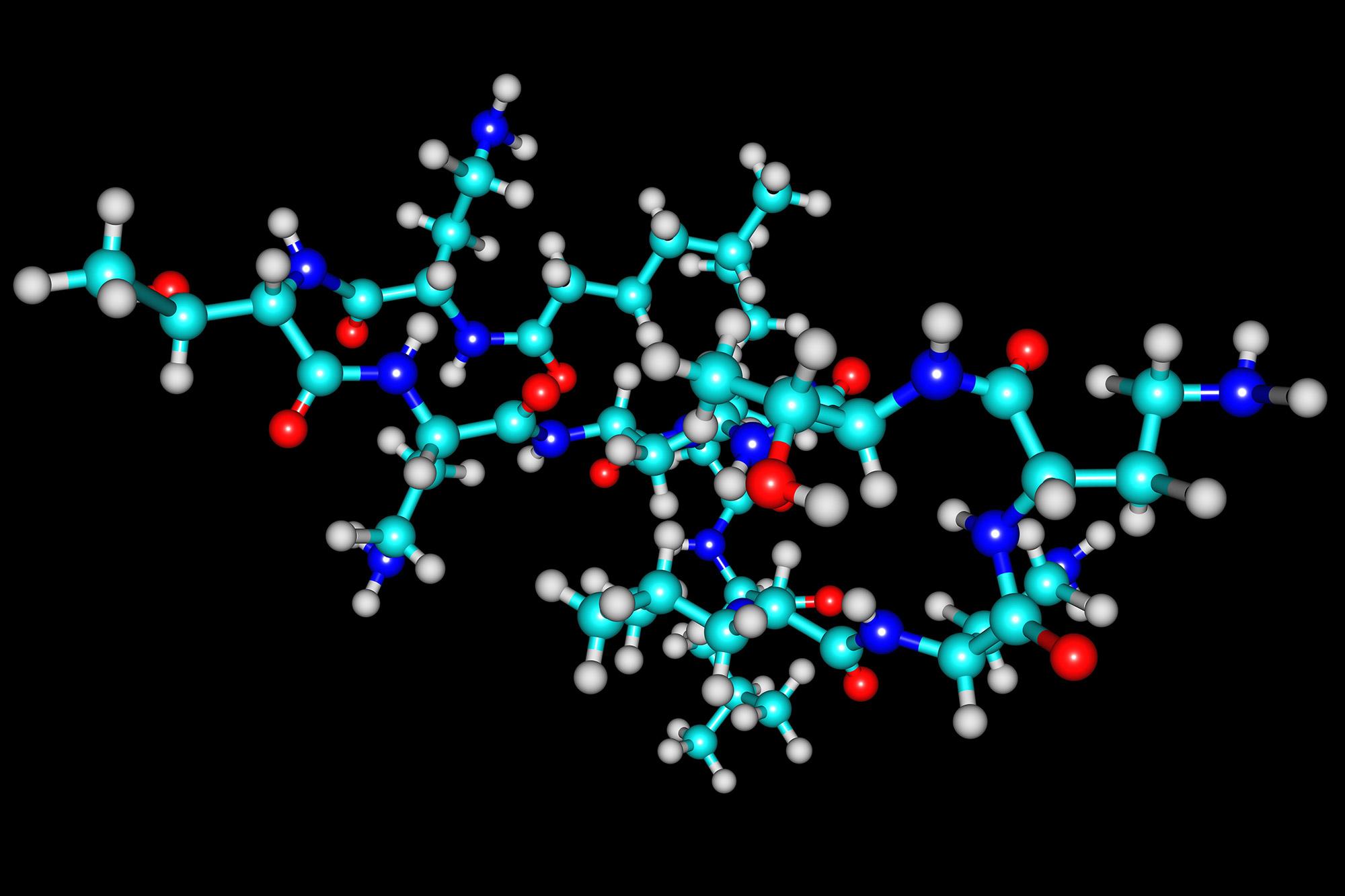Completed project: Genetic causes of polymyxin resistance

Researchers identified a novel gene that leads to polymyxin resistance and elucidated the mechanisms by which the expression of this gene is influenced in bacteria.
Polymyxins are antibiotics of last resort in human medicine that are also frequently used in veterinary medicine. An increasing number of pathogens is becoming resistant to polymyxins, including many of the species Escherichia coli and Klebsiella pneumoniae. This trend can be observed in both human and veterinary medicine. To better understand the processes that may enhance the emergence and further spread of polymyxin resistance, researchers of the University of Fribourg investigated the exact gene regulatory processes leading to polymyxin resistance in different bacterial species. Not least, this should provide the basis to comparatively analyze antibiotic-resistant bacteria recovered from humans, animals and the environment to figure out whether there are some significant interplays between these areas that could be interrupted to curb the current emergence and dissemination of resistance traits.
Novel genetic cause of resistance identified
In their study, the researchers identified a novel gene that leads to reduced susceptibility of bacteria to polymyxins. Meanwhile, it is known that this gene has disseminated worldwide. The researchers elucidated the mechanisms by which the expression of this gene is influenced in bacteria. They succeeded in showing that the gene expression and thus resistance to the polymyxin colistin is triggered when the bacteria come into contact with suboptimal - i.e. non-lethal - amounts of this antibiotic. This means that the use of antibiotics has a direct influence on the development of the resistances present. The researchers were also able to prove that, conversely, abandoning this specific antibiotic can ease the situation again: They observed that when several farms completely avoided using colistin, the large amounts of problematic colistin-resistant Escherichia coli microbes previously present declined to a very low level.
No direct link between resistances in human and veterinary pathogens
To determine whether specific resistances are passed on between pathogens in animals and those in humans, the researchers have screened and compared numerous polymyxin-resistant enterobacteria samples for the newly discovered gene. Using specially developed diagnostic tests, they analyzed samples from the environment, from foodstuffs, animals and humans from Switzerland, France, Portugal, Egypt and other countries. The obtained results did not show an obvious and direct link between the selection pressure with colistin observed in veterinary medicine and the emergence of colistin-resistant Enterobacteriaceae in humans. However, since such correlations are suspected in various bacterial species, the researchers recommend screening other bacterial species for this specific resistance with the diagnostic tests that have now been developed.
March 2023
